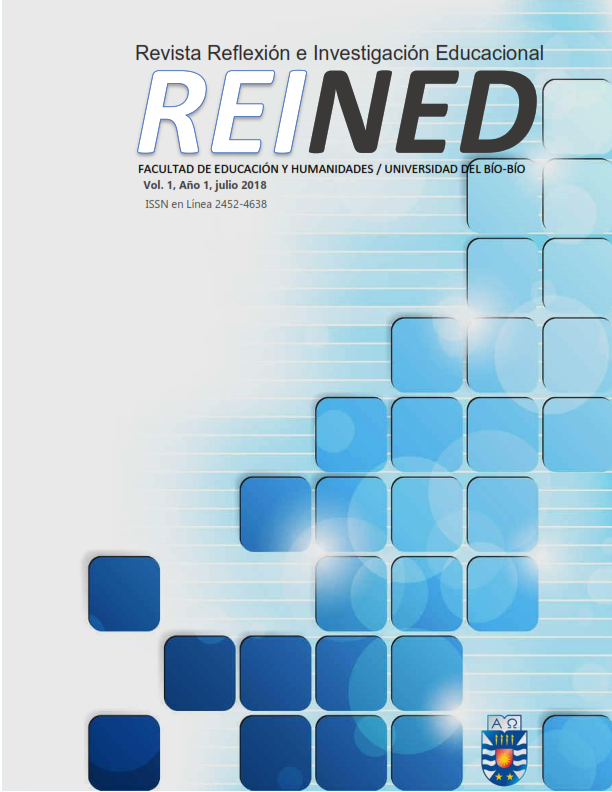ICT skills students education careers
Main Article Content
Abstract
In this research study, the ICT skills of teaching programs´ students of the University of Bío-Bío are characterized. Surveys and assessment instruments in digital environment about knowledge of web tools and other resources, such as, text processor, spreadsheet and presentation software were applied. All the instruments meet the criteria and indicators of the ICT Skills for Learning Matrix (HTPA in Spanish), a public policy document created as a parameter for skills development in primary and secondary school levels, prepared in accordance with international projects and programs that seek the development of these skills. The results indicate that ICT skills are not developed. The information obtained through assessments and surveys applied to students reveal that in no dimension the students reached approving achievement percentages. Also there is not substantial differences in this measurement when the results are analyzed by factors.
Article Details
References
Ananiadou, K. and M. Claro (2009), 21st Century Skills and Competences for New Millennium Learners in OECD Countries, OECD Education Working Papers, No. 41, OECD Publishing. http://dx.doi.org/10.1787/218525261154.
Fischer, G H y Molenaar, I. W. (1995) Rasch models: Foundations recent developments, and applications. NY, Springer-Verlag.
George, D., & Mallery, P. (2003). SPSS for Windows step by step: A simple guide and reference 11.0 update (4th ed.). Boston: Allyn & Bacon
Martínez, M.R., Hernández M.J., y Hernández, M.V. (2006). Psicometría. Madrid: Alianza Editorial.
MINEDUC Ministerio de Educación (2013) Matriz de Habilidades tic para el aprendizaje. Publicación desarrollada por los profesionales del área de competencias y formación TIC de enlaces, Centro de educación y tecnología, Ministerio de educación: Paola Alarcón Frías | Ximena Álvarez peralta | Denisse Hernández Latorre | Daniela Maldonado Astorga. En el marco de la asesoría “Actualización y validación de la matriz de Habilidades tic para estudiantes” desarrollada por Magdalena Claro Tagle.
Moreno, T. (2010). El currículo por competencias en la Universidad: más ruido que nueces. Revista de la Educación Superior, Vol. XXXIX, No. 154, Abril-Junio, 77-90
Taylor S.J. y Bogdan R. (1986) Introducción a los métodos cualitativos de investigación. México, Paidos.
Villarroel, V., Bruna D., (2014). Reflexiones en torno a las competencias genéricas en educación superior: un desafío pendiente. Psicoperspectivas, 13(1) 23-34

